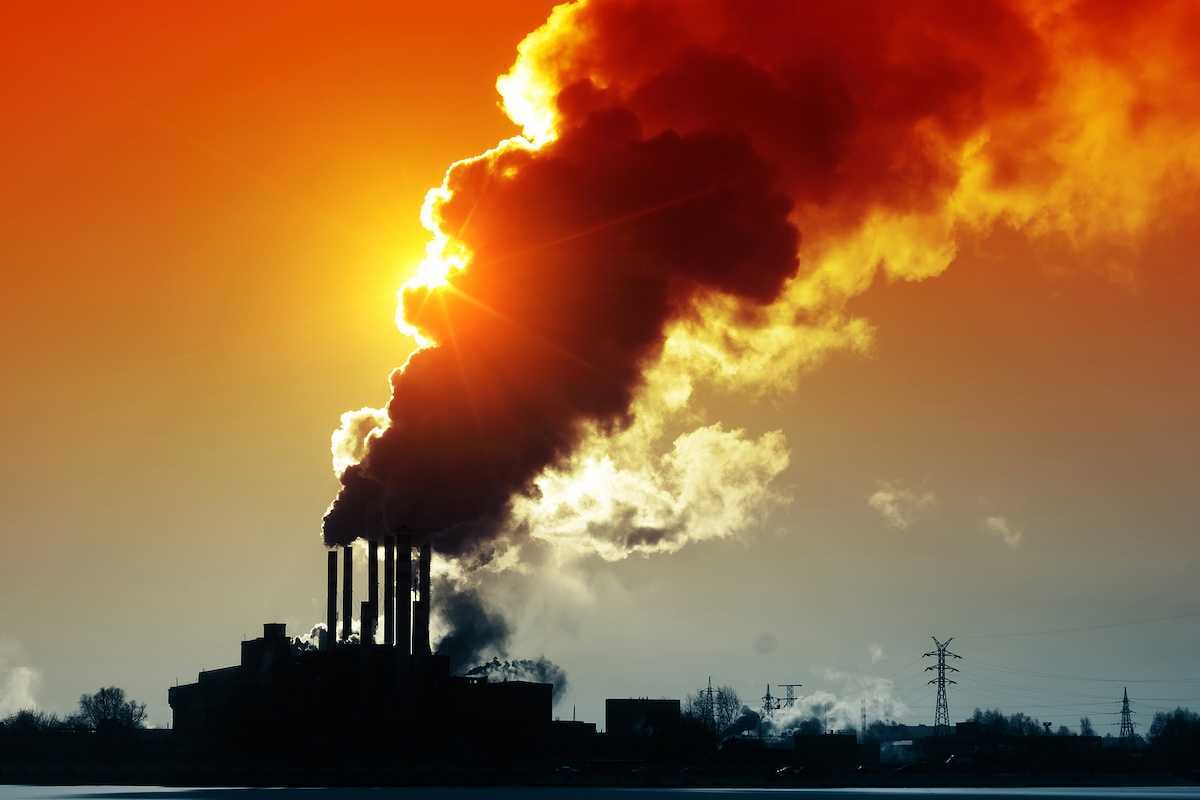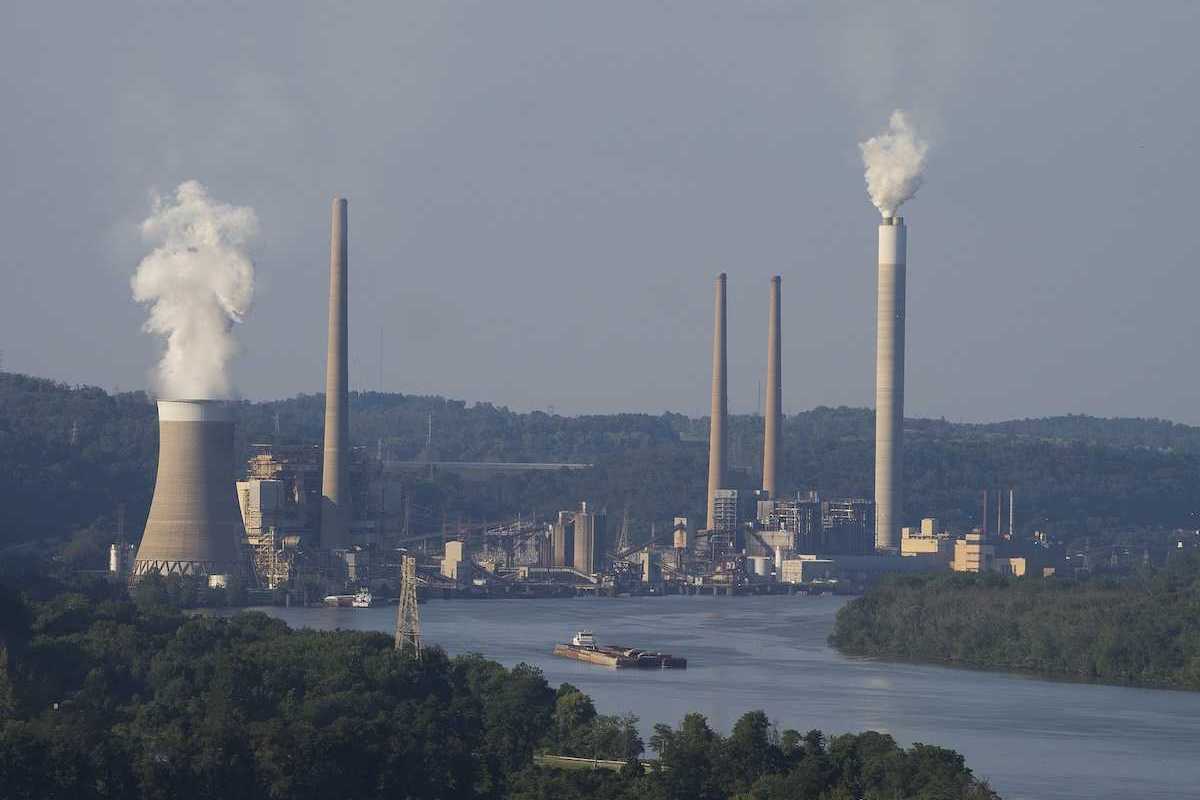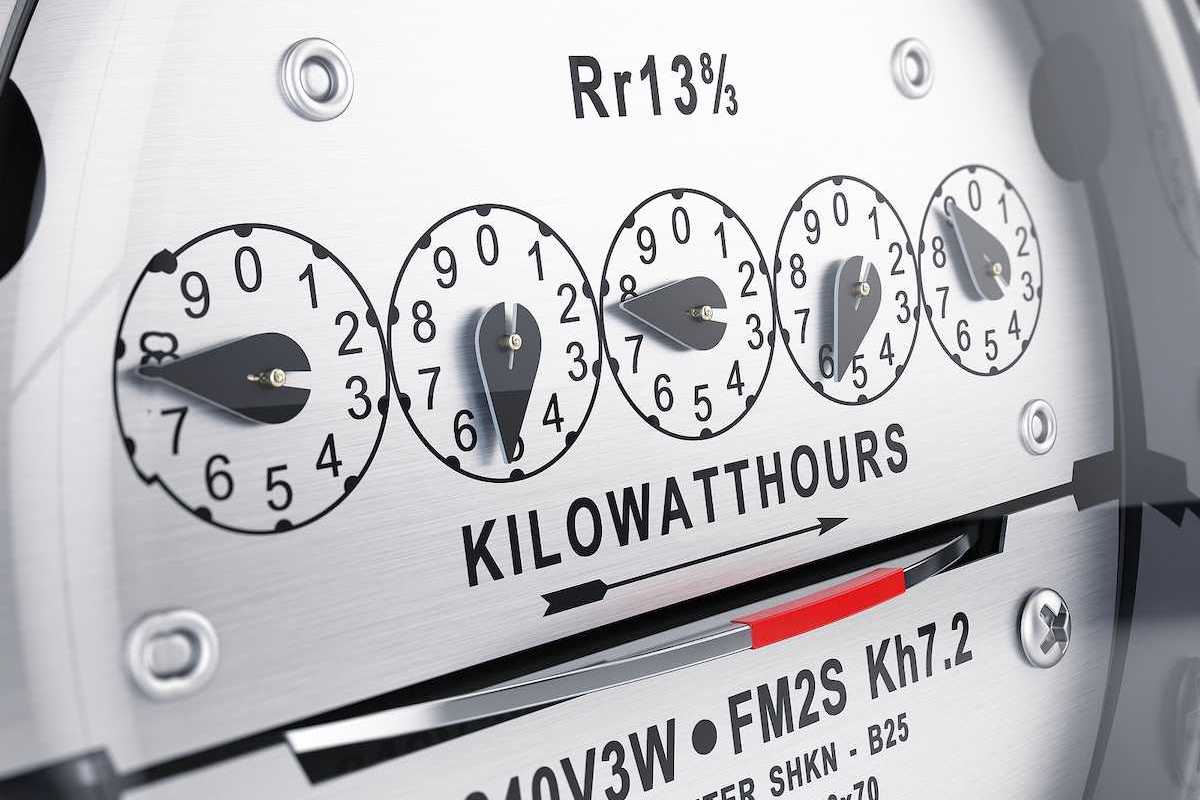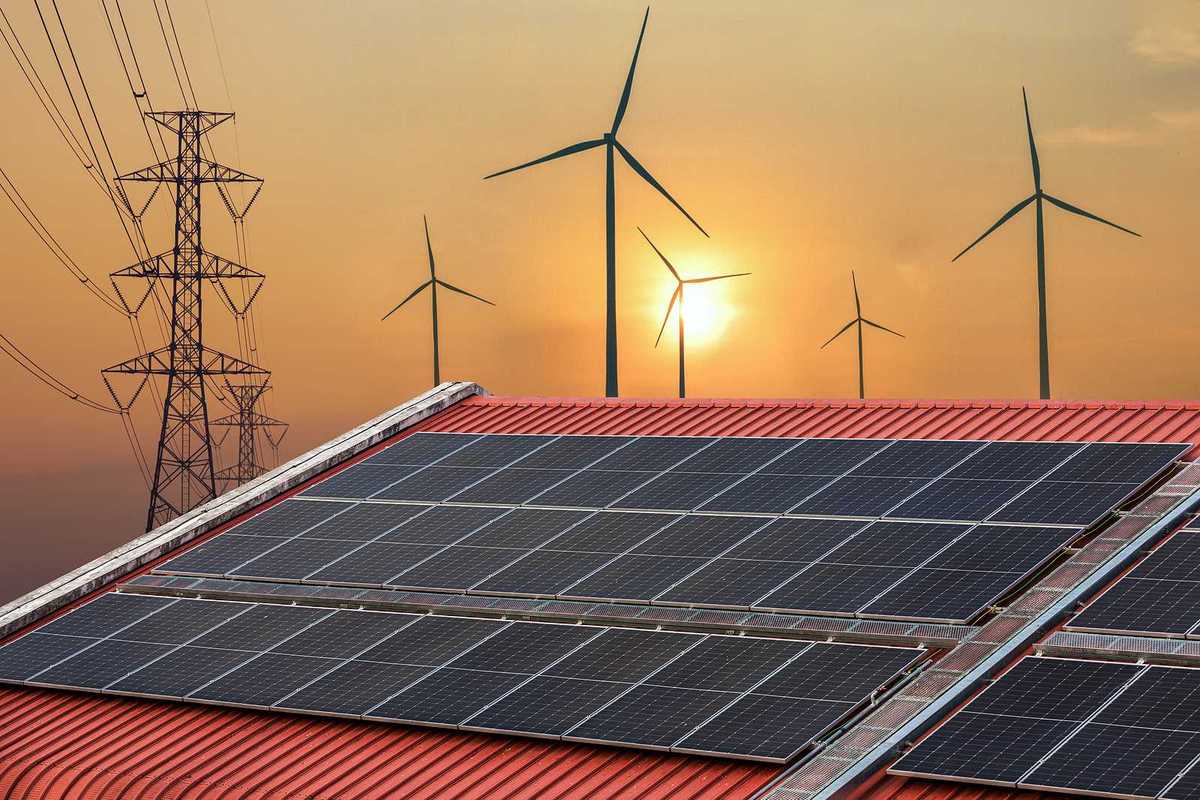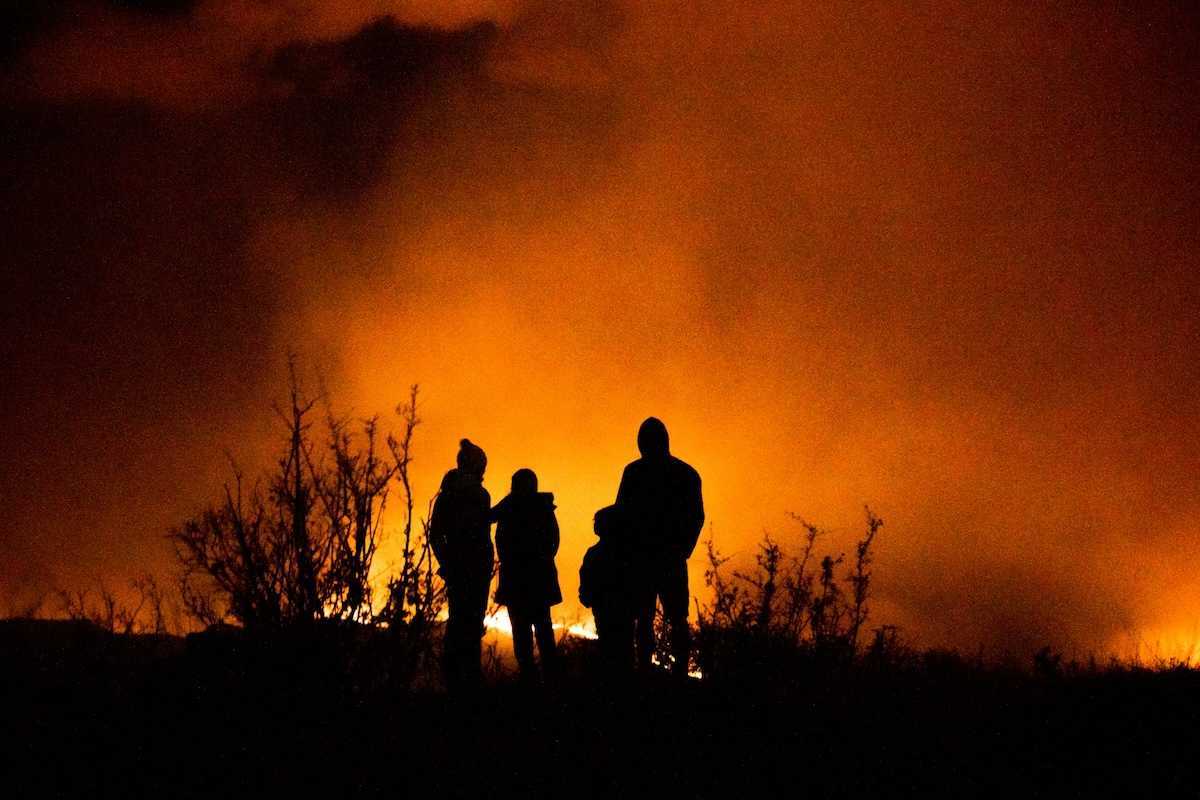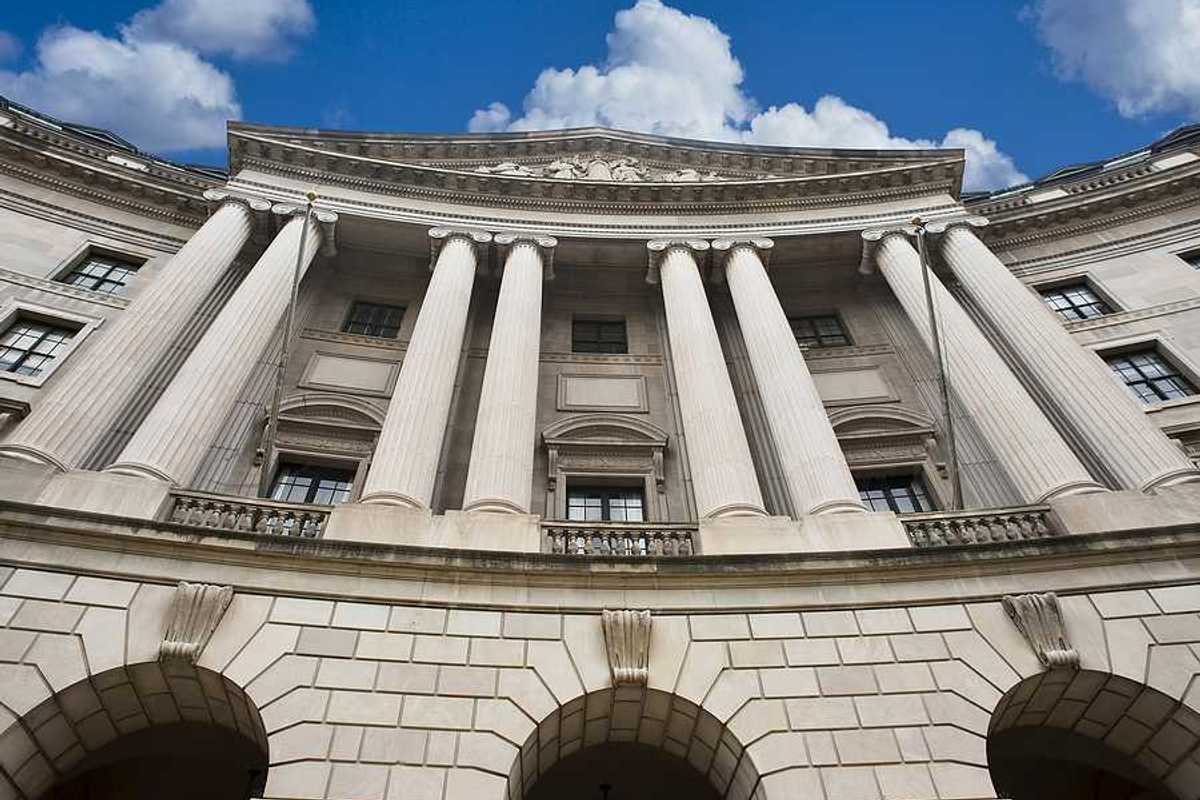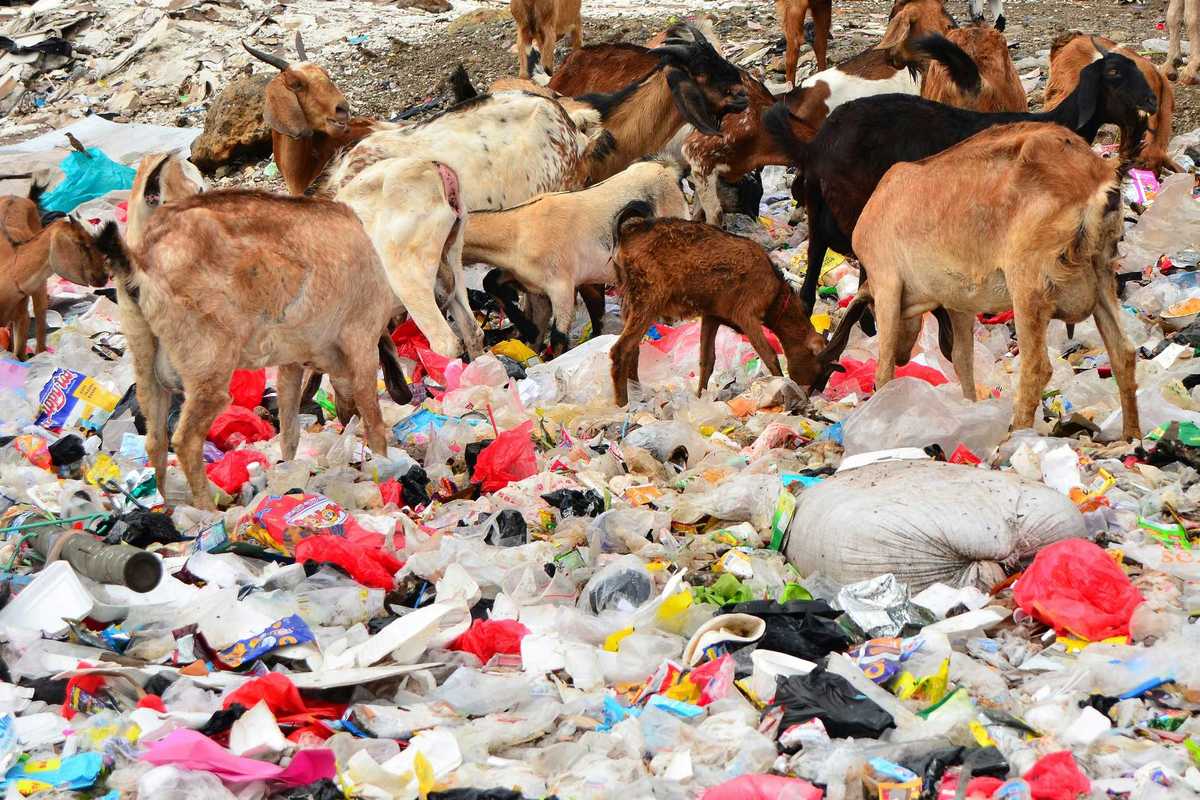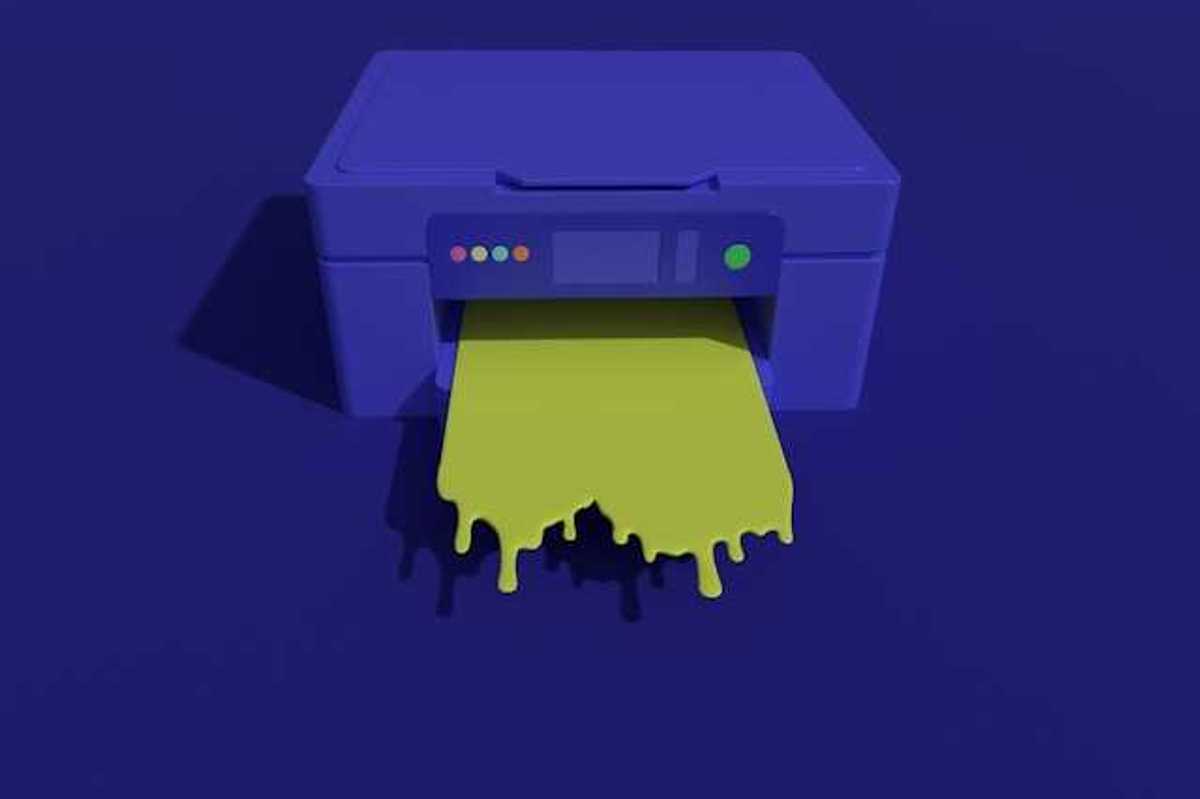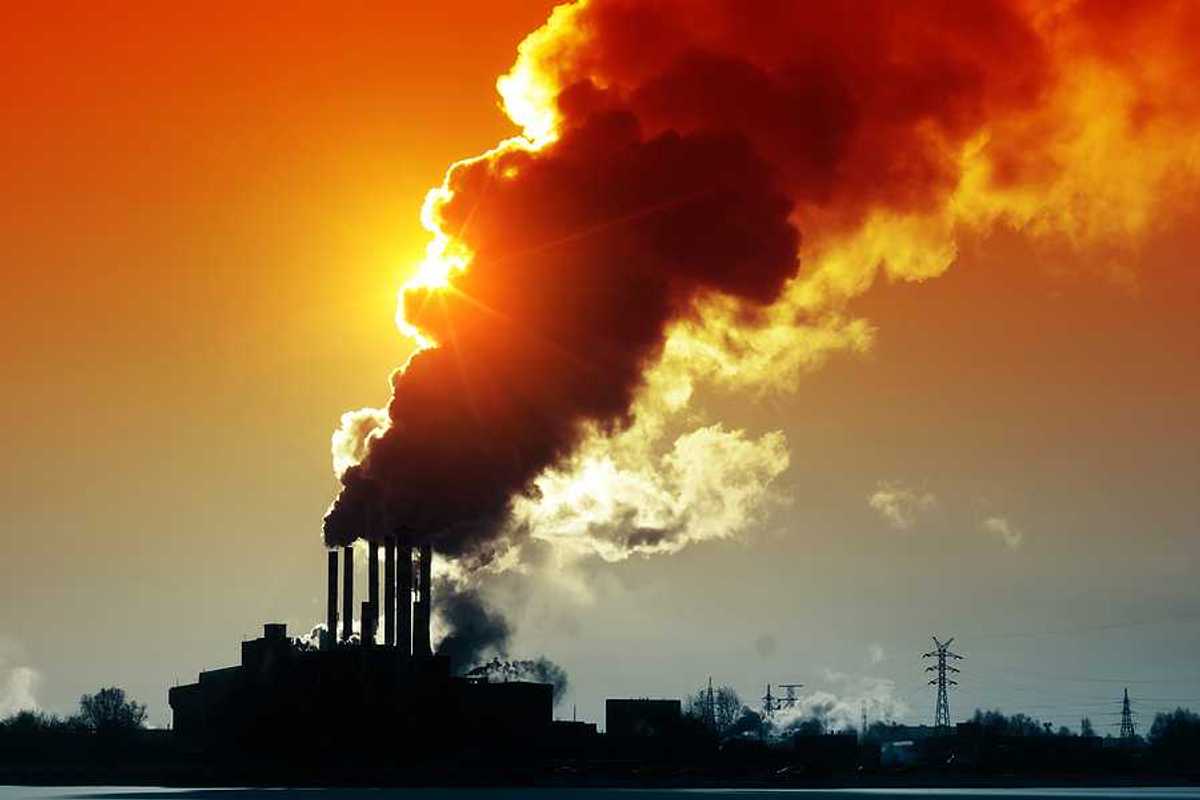A halt to shipping in strait of Hormuz and attacks on Middle East refineries are threatening supplies and stoking inflation.
Politics
The war on Iran has exposed the "horrendous costs” of fossil fuel dependence, as climate groups call for a swift transition to clean energy.
General Motors, Ford and other established automakers risk becoming relics if they don’t catch up to Chinese carmakers and technology companies in electric vehicles and self-driving cars.
A new petition to the high court marks the latest effort by conservative groups to revive the nondelegation doctrine.
Environmentalists are challenging the EPA’s repeal of the “endangerment finding,” which empowered it to regulate greenhouse gases. Whether or not the action holds up in court, now is the time to develop climate strategies that can be pursued when the political balance shifts.
The bills, from Sen. Jesse Kiehl and Rep. Sara Hannan, would push cruise lines to use cleaner fuel.
Dublin, Helsinki, Stockholm and Tallinn among port cities more choked by sulphur oxides from ferries, analysis shows
The Sierra Club and Southern Environmental Law Center are suing over state regulators’ approval of new gas turbines at Plant Bowen, citing concerns about worsening air quality.
Oil markets are bracing for sharp price spikes after the US-Israel attacks on Iran and Tehran's retaliation. Iran's role as a major producer matters, but its strategic position is keeping traders on edge.
As Democrats and climate activists seize on energy costs as a political issue, new data shows electricity rates rose 5 percent nationwide in 2025. The figures were much higher in some states.
The Trump-led attack on solar eases as the right reckons with its crucial role in powering AI and keeping utility bills from spiraling.
We heard from more than 40 current and former emergency managers in 11 states about what they need to prepare for the next disaster — and what they aren’t getting.
The International Seabed Authority has been struggling to set rules for a decade. President Trump’s aggressive push on ocean mining makes her task more urgent.
The Trump administration’s relentless rollback of public health and environmental protections has allowed widespread toxic exposures to flourish, warn experts who helped implement safeguards now under assault.
Supposedly final talks in South Korea in 2024 toward an agreement failed, and a renewed effort in Geneva last August likewise collapsed in overtime.
Policymakers, civil society, investors, business, and the media all must answer key questions fast — before the regulatory rollback turns into a rout.
The stocky, dancing bird that populates prairies across five states lost its federal protections — not because its habitats have dramatically improved, but because a Texas court sided with energy and livestock groups.
Emissions of sulfur dioxide increased by 18% in 2025, according to an analysis of U.S. Environmental Protection Agency data by the Natural Resources Defense Council, an environmental advocacy group.
Journalism that drives the discussion
Copyright © 2017 Environmental Health Sciences. All rights reserved.
Copyright © 2017 Environmental Health Sciences. All rights reserved.





